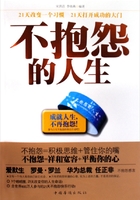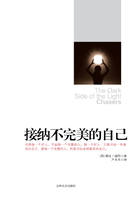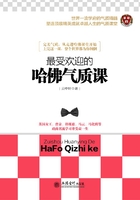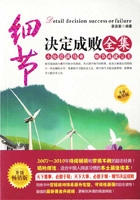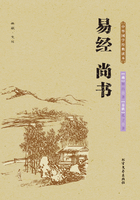President Bok, former President Rudenstine, incoming President Faust, members of the Harvard Corporation and the Board of Overseers, members of the faculty, parents, and especially, the graduates:
I’ve been waiting more than 30 years to say this: “Dad, I always told you I‘d come back and get my degree.”
I want to thank Harvard for this timely honour. I’ll be changing my job next year... and it will be nice to finally have a college degree on my resume.
I applaud the graduates today for taking a much more direct route to your degrees. For my part, I‘m just happy that the Crimson has called me“Harvard’s most successful dropout.”I guess that makes me valedictorian of my own special class... I did the best of everyone who failed.
But I also want to be recognised as the guy who got Steve Ballmer to drop out of business school. I‘m a bad influence. That’s why I was invited to speak at your graduation. If I had spoken at your orientation, fewer of you might be here today.
Harvard was just a phenomenal experience for me. Academic life was fascinating. I used to sit in on lots of classes I hadn‘t even signed up for. And dorm life was terrific. I lived up at Radcliffe, in Currier House. There were always lots of people in my dorm room late at night discussing things, because everyone knew I didn’t worry about getting up in the morning. That‘s how I came to be the leader of the anti-social group. We clung to each other as a way of validating our rejection of all those social people.
Radcliffe was a great place to live. There were more women up there, and most of the guys were science-math types. That combination offered me the best odds, if you know what I mean. This is where I learned the sad lesson that improving your odds doesn’t guarantee success.
One of my biggest memories of Harvard came in January 1975, when I made a call from Currier House to a company in Albuquerque that had begun making the world‘s first personal computers. I offered to sell them software.
I worried that they would realise I was just a student in a dorm and hang up on me. Instead they said:“We’re not quite ready, come see us in a month,” which was a good thing, because we hadn‘t written the software yet. From that moment, I worked day and night on this little extra credit project that marked the end of my college education and the beginning of a remarkable journey with Microsoft.
What I remember above all about Harvard was being in the midst of so much energy and intelligence. It could be exhilarating, intimidating,sometimes even discouraging, but always challenging. It was an amazing privilege-and though I left early, I was transformed by my years at Harvard, the friendships I made, and the ideas I worked on.
But taking a serious looks back... I do have one big regret.
I left Harvard with no real awareness of the awful inequities in the world-the appalling disparities of health, and wealth, and opportunity that condemn millions of people to lives of despair.
I learned a lot here at Harvard about new ideas in economics and politics. I got great exposure to the advances being made in the sciences.
But humanity’s greatest advances are not in its discoveries-but in how those discoveries are applied to reduce inequity. Whether through democracy, strong public education, quality health care, or broad economic opportunity- reducing inequity is the highest human achievement.
I left campus knowing little about the millions of young people cheated out of educational opportunities here in this country. And I knew nothing about the millions of people living in unspeakable poverty and disease in developing countries.
It took me decades to find out.
You graduates came to Harvard at a different time. You know more about the world‘s inequities than the classes that came before. In your years here, I hope you’ve had a chance to think about how-in this age of accelerating technology-we can finally take on these inequities, and we can solve them.
Imagine, just for the sake of discussion, that you had a few hours a week and a few dollars a month to donate to a cause-and you wanted to spend that time and money where it would have the greatest impact in saving and improving lives. Where would you spend it?
For Melinda and for me, the challenge is the same: how can we do the most good for the greatest number with the resources we have.
During our discussions on this question, Melinda and I read an article about the millions of children who were dying every year in poor countries from diseases that we had long ago made harmless in this country. Measles, malaria, pneumonia, hepatitis B, yellow fever. One disease I had never even heard of, rotavirus, was killing half a million kids each year-none of them in the United States.
We were shocked. We had just assumed that if millions of children were dying and they could be saved, the world would make it a priority to discover and deliver the medicines to save them. But it did not. For under a dollar, there were interventions that could save lives that just weren‘t being delivered.
If you believe that every life has equal value, it’s revolting to learn that some lives are seen as worth saving and others are not. We said to ourselves:“This can‘t be true. But if it is true, it deserves to be the priority of our giving.”
So we began our work in the same way anyone here would begin it. We asked: “How could the world let these children die?”
The answer is simple, and harsh. The market did not reward saving the lives of these children, and governments did not subsidise it. So the children died because their mothers and their fathers had no power in the market and no voice in the system.
But you and I have both.
We can make market forces work better for the poor-if we can stretch the reach of market forces so that more people can make a profit, or at least make a living, serving people who are suffering from the worst inequities. We also can press governments around the world to spend taxpayer money in ways that better reflect the values of the people who pay the taxes.

